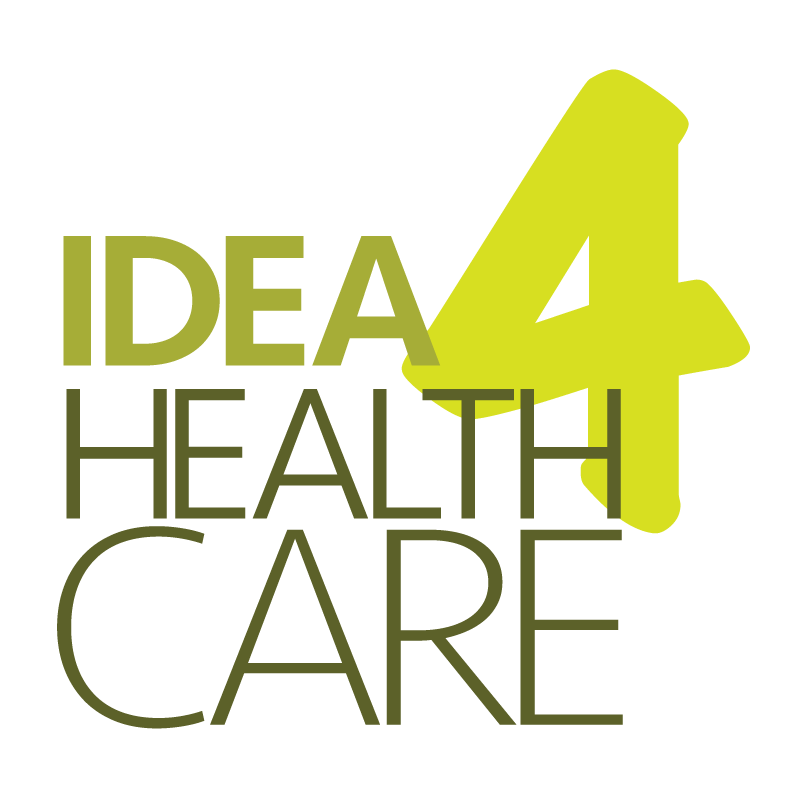When we are vulnerable, our ability to analyze technically any scenario is compromised because our emotions bring to us feelings like fear and anguish, then, in order to overccome the vulnerability we trust on specialized professionals so that we do not succumb to the feelings that comes with vulnerability. How then do we assess health care providers that we meet invariably at times when we are most vulnerable?
This reflection is not new, but I invite you to reflect broadly on this theme. There is already an extensive discussion about who is responsible for evaluating the performance of the medical professionals who assist us with the freedom given to them by the trust we put in their expertise and experience to prescribe the correct treatment that will bring us healing.
But who has the task of evaluating the quality of other health professionals who also touch our lives in times of vulnerability? Who will be responsible for evaluating the quality of the services provided when the full range of technological resources will play a more relevant role than just medical decision support tools?
I think we need to expand the definition of health professionals as we known so far, in order to include all professionals who directly or indirectly interact in the health system, not only doctors, nurses or other professionals who interact directly with our pain.
Many professionals involved in the development of healthcare technology solutions are co-responsible for the results analyzed by medical professionals around the world so I wonder if we should not align standards and criteria to assess the entire health care delivery chain under the same prism.
The health market has been impacted by new disruptive technologies as other sectors of society and every day we see devices that control vital functions, movements, food intake and it is now possible to access in mobile phones a huge volume of data about health and lack her.
With so many new health services been offered, some Regulatory actions are interposed with the best intention of guarantee an acceptable quality standard for the provision of health services.
However, what criteria will guide the evaluation of the quality of this new health services that we need at times of our greatest fragility in which our safety board is the trust we place on the professionals who serve us?
Since the concepts related to the health segment go over to a deeply redefinition with the advent of the new disruptive technologies, it is time to discuss as a community on which bases we will evaluate our providers since our dearest ones are at stake, ourselves, our families and so to speak the future of humanity.
I believe we are facing a window of opportunity for huge win in the global health system with the advent of new disruptive technologies. There is no denying the current difficulty of equalizing the quality of service provision globally when professionals have different levels of education as well as work resources, so the advent of telemedicine allows us to imagine a scenario of technical resources widely available at all levels of chain from diagnosis to treatment. We have to discover now, what will be the challenges to face in order to make all the new technologies really available to all the patients of the globe
